 These days you see ‘gluten-free’ everywhere – in the print media ,on TV and of course all over the social networks. There has been a deluge of ‘gluten free’ labeled foods in the supermarket. There are also restaurants that are ‘gluten-free’ friendly with menus offering ‘gluten-free items’. The last time I had read about ‘gluten’ and its effect on health, which was like 10 years ago probably (and thereby not highly relevant or meaningful now!), gluten was a problem only for those who had an allergy to it. That condition is called ‘celiac disease’. Clearly I needed to read more and update myself on the latest scientific literature. So I have been doing exactly that these last few weeks and I have to admit that I have been ‘enlightened’. Here’s a gist of my learnings and gleanings for your benefit.
These days you see ‘gluten-free’ everywhere – in the print media ,on TV and of course all over the social networks. There has been a deluge of ‘gluten free’ labeled foods in the supermarket. There are also restaurants that are ‘gluten-free’ friendly with menus offering ‘gluten-free items’. The last time I had read about ‘gluten’ and its effect on health, which was like 10 years ago probably (and thereby not highly relevant or meaningful now!), gluten was a problem only for those who had an allergy to it. That condition is called ‘celiac disease’. Clearly I needed to read more and update myself on the latest scientific literature. So I have been doing exactly that these last few weeks and I have to admit that I have been ‘enlightened’. Here’s a gist of my learnings and gleanings for your benefit.
Disclaimer/Request: I did not have ample time to do an exhaustive research and hence if you have any additional points on this topic that you feel I have not included here, or if you feel that I have not done full justice to the topic, please feel to write in your comments here and fill me in!
So let’s start at the very beginning ….with the ABC’s….”So what exactly is ‘gluten’ ?”
Gluten is a protein found in wheat, barley, and rye. Gluten also shows up in many whole grain foods related to wheat, including bulgur, farro, kamut, spelt, and triticale (a hybrid of wheat and rye). Some celiac disease experts warn patients to steer clear of oats, as well.
Gluten free grains include amaranth, buckwheat,corn,millet,quinoa and teff.
How can you know if you have celiac disease? What are its symptoms?
- Experts estimate that about 1% of Americans have celiac disease. The condition, caused by an abnormal immune response to gluten, can damage the lining of the small intestine. That, in turn, can prevent important nutrients from being absorbed.
- Symptoms of celiac disease include diarrhea, anemia, bone pain, abdominal pain, unexplained weight loss and a severe skin rash called dermatitis herpetiformis. But celiac disease often has few or no symptoms. In part for that reason, only about 5% to 10% of cases are diagnosed in the U.S., Green says.
- The only way to know whether you have celiac’s disease or not is by testing for it. The first test is typically a blood test that detects antibodies related to an abnormal immune response. If the blood test is positive, a biopsy is performed to confirm inflammation in the lining of the small intestines. Going gluten free before testing may impact your test results.
If you don’t have celiac disease can you still be sensitive to gluten?
Some people may be sensitive to gluten even though they don’t have outright celiac disease2. For years, health professionals did not believe nonceliac gluten sensitivity existed, but experts are beginning to acknowledge now that it may affect as many as 20 million Americans3,7. Based on a 2010 study, researchers concluded that these patients with ‘gluten sensitivity’ who did not have celiac disease share the same “metabolic fingerprint” as diagnosed celiac patients and should follow the same avoidance of wheat, rye and barley8.
Gluten sensitivity and celiac disease are two distinct “clinical entities” with the same environmental trigger – gluten – and many of the same symptoms shown below6:
- Diarrhea
- Bloating
- Abdominal pain
- Eczema
- Headache
- Foggy brain
- Fatigue
- Depression
- Joint pain
- Numbness in the extremities
Why are we seeing this sudden increase in ‘gluten sensitivity’ in the population?
We are no longer eating the wheat that our parents/grandparents ate. In order to have the drought-resistant, bug-resistant and faster growing wheat that we have today, we’ve hybridized the grain. It’s estimated that 5 percent of the proteins found in hybridized wheat are new proteins that were not found in either of the original wheat plants. Many experts believe that these “new proteins” are part of the problem that has lead to increased systemic inflammation, widespread gluten intolerance and higher rates of celiac.4
So is there any harm in folks trying to go on a ‘gluten free’ diet to determine if they feel better?
Per se there is no harm in trying to determine if one is gluten-sensitive or not by going on a gluten-free diet. If you have some symptoms of ‘gluten-sensitivity’ and if your symptoms are not relieved from other treatments, it is ok to go experimentally on a ‘gluten-free diet’ for a short period of time (like a 30 day period) to see if you feel better. Then re-introduce gluten into your diet and see if those symptoms come back. If they do, then this would confirm your suspicions that you are ‘gluten sensitive’.
But there are certain risks when you go on a ‘gluten-free’ diet unless you work your diet plan in consultation with a nutritionist. This is because by going ‘gluten-free, you are inadvertently eating less of whole grains that are otherwise nutritious with minerals,vitamins and fiber. Going gluten-free also means that you will have to drastically change your diet – eliminating all wheat and other whole grains with gluten may mean that you are limited to a narrow range of food options which means risk of not getting adequate nutrients.
Is eating less ‘gluten’ beneficial to our health in general?
There has been no evidence thus far to suggest that eating less gluten can be beneficial to people who do not have either ‘celiac disease’ or ‘gluten sensitivity’. And for those folks who are really sensitive to gluten, they have to eliminate it completely from their diet- Even trace amounts can cause serious problems. So just going on a ‘partial’ gluten free diet if you are not really ‘gluten sensitive’ may not show any real benefits.
Will going ‘gluten-free help me lose weight?
Gluten does not cause weight gain. But portion control issues might cause weight gain. Hence cutting out gluten from your diet may not promote weight loss and there is no evidence in the literature to support that.
Some people who go off gluten to lose weight end up gaining weight instead. That’s because they consume gluten-free packaged products that are often just as high in saturated fat, sugar and sodium as other junk food, and these products often contain high-glycemic refined ingredients like white rice flour or fillers like potato starch that can affect your blood sugar and trigger cravings.5
But if one replaces the gluten-containing foods with naturally gluten-free meat, fish, fruits, vegetables, and nuts rather than gluten-free junk food, then such a diet could help one stay healthy and also perhaps lose some weight. All healthy diets should contain plenty of vegetables and fruits,whole grains and proteins.
The bottom line:
If you think you may have a problem with gluten, get tested before you decide to go ‘gluten-free’. If your blood test results come negative and if you still would like to see if your symptoms get better with a gluten free diet, try a gluten free diet for 30 days. If you completely eliminate gluten for 30 days and begin to feel better (lack of your earlier symptoms), and if your symptoms come back when you re-introduce gluten in your diet, then you probably have gluten sensitivity and should make a serious effort to avoid it. Going on a gluten free diet(even though you are not allergic or sensitive to gluten) just to lose weight does not seem practical based on available evidence6.
1.http://www.webmd.com/diet/healthy-kitchen-11/truth-about-gluten?page=2
2.http://authoritynutrition.com/6-shocking-reasons-why-gluten-is-bad/
3.http://www.womenshealthmag.com/health/gluten-free-diet
4.http://www.huffingtonpost.com/amy-myers-md-/effects-of-gluten-on-the-body_b_3672275.html
5.http://www.cnn.com/2013/04/05/health/gluten-5-things/
6.http://www.marksdailyapple.com/gluten-free-fad/#axzz38A3zULoM
7.http://www.ncbi.nlm.nih.gov/pubmed/22825366
8.http://pubs.acs.org/doi/abs/10.1021/pr100896s


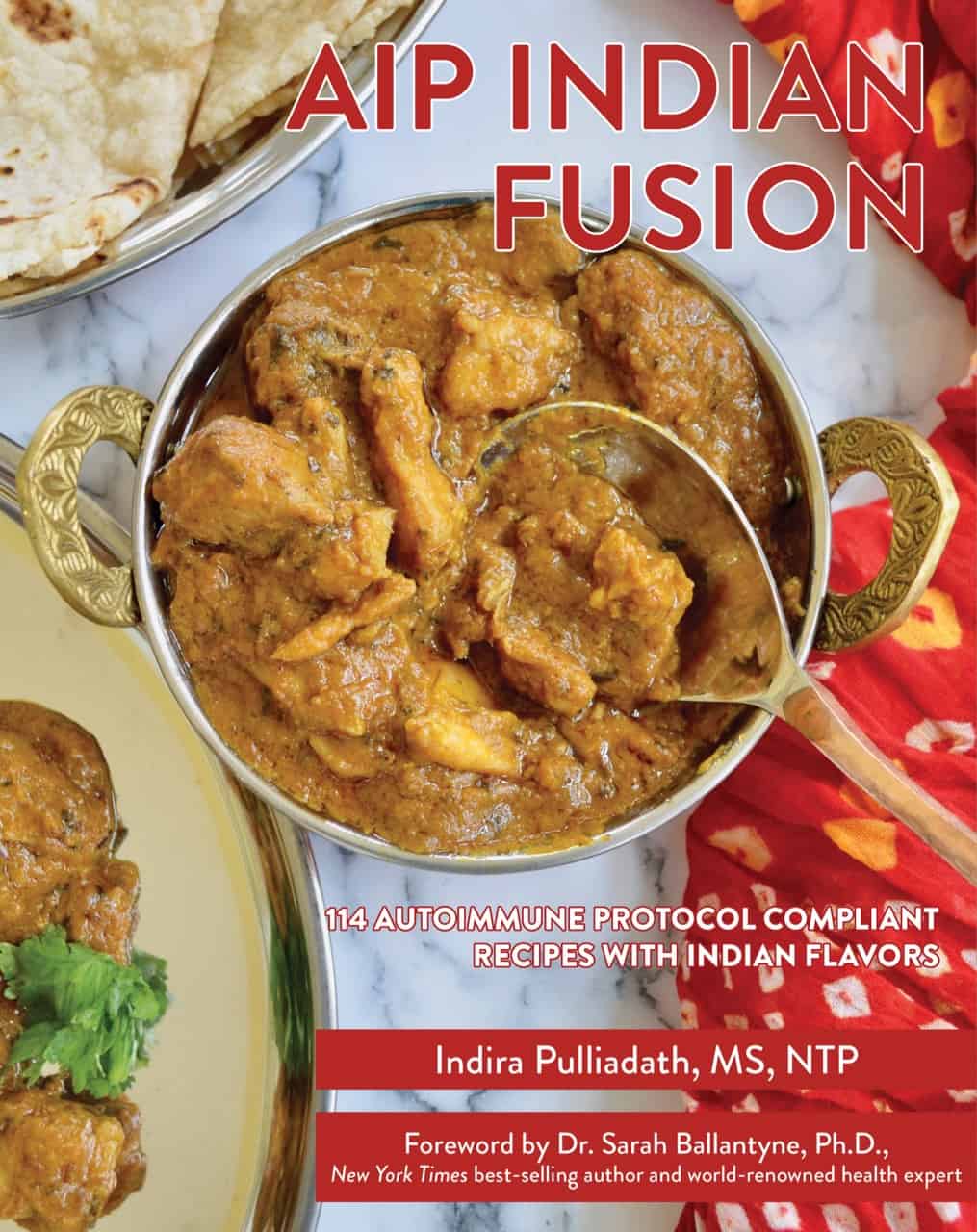

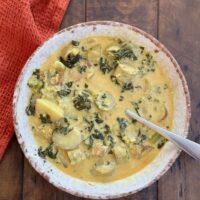



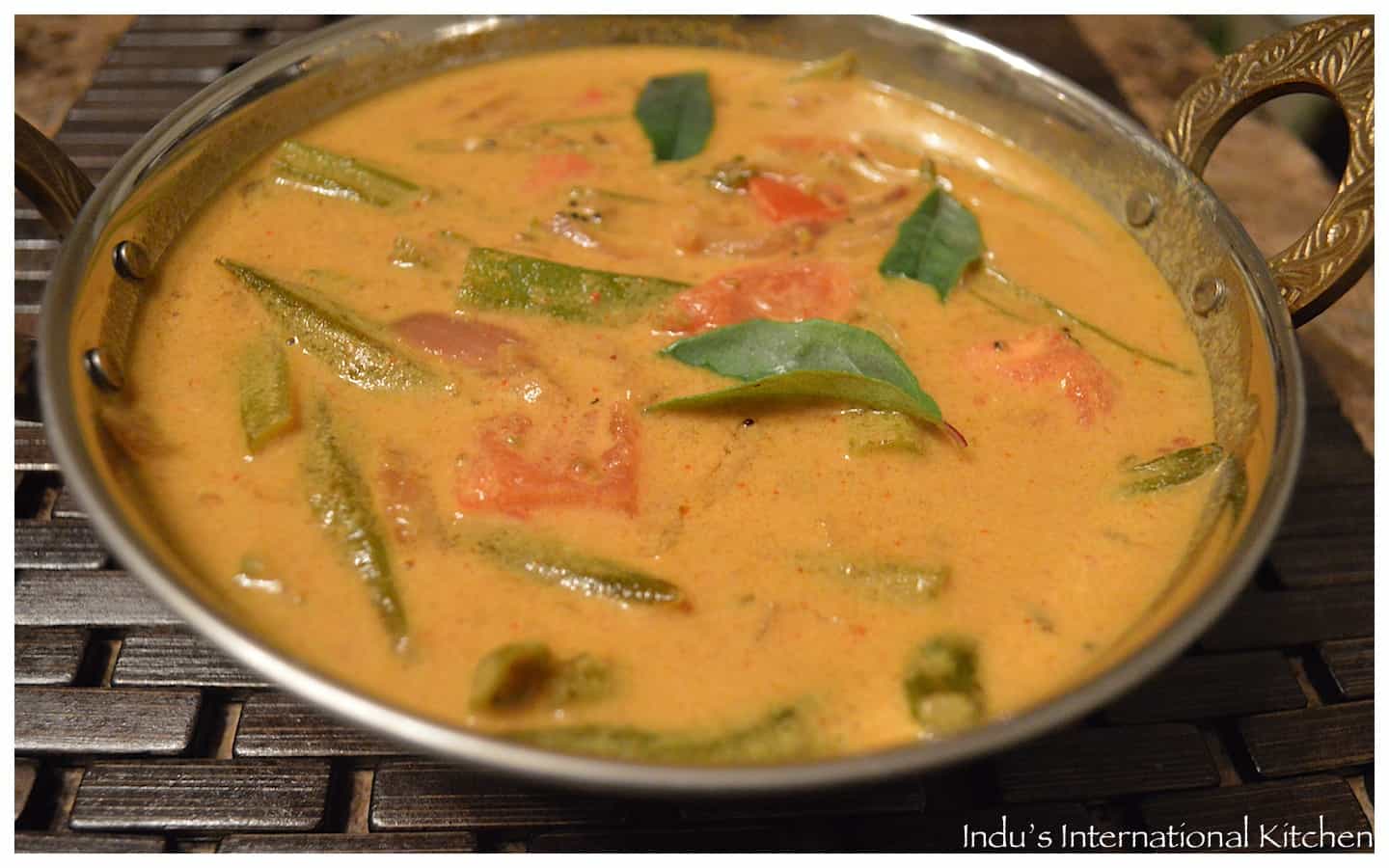
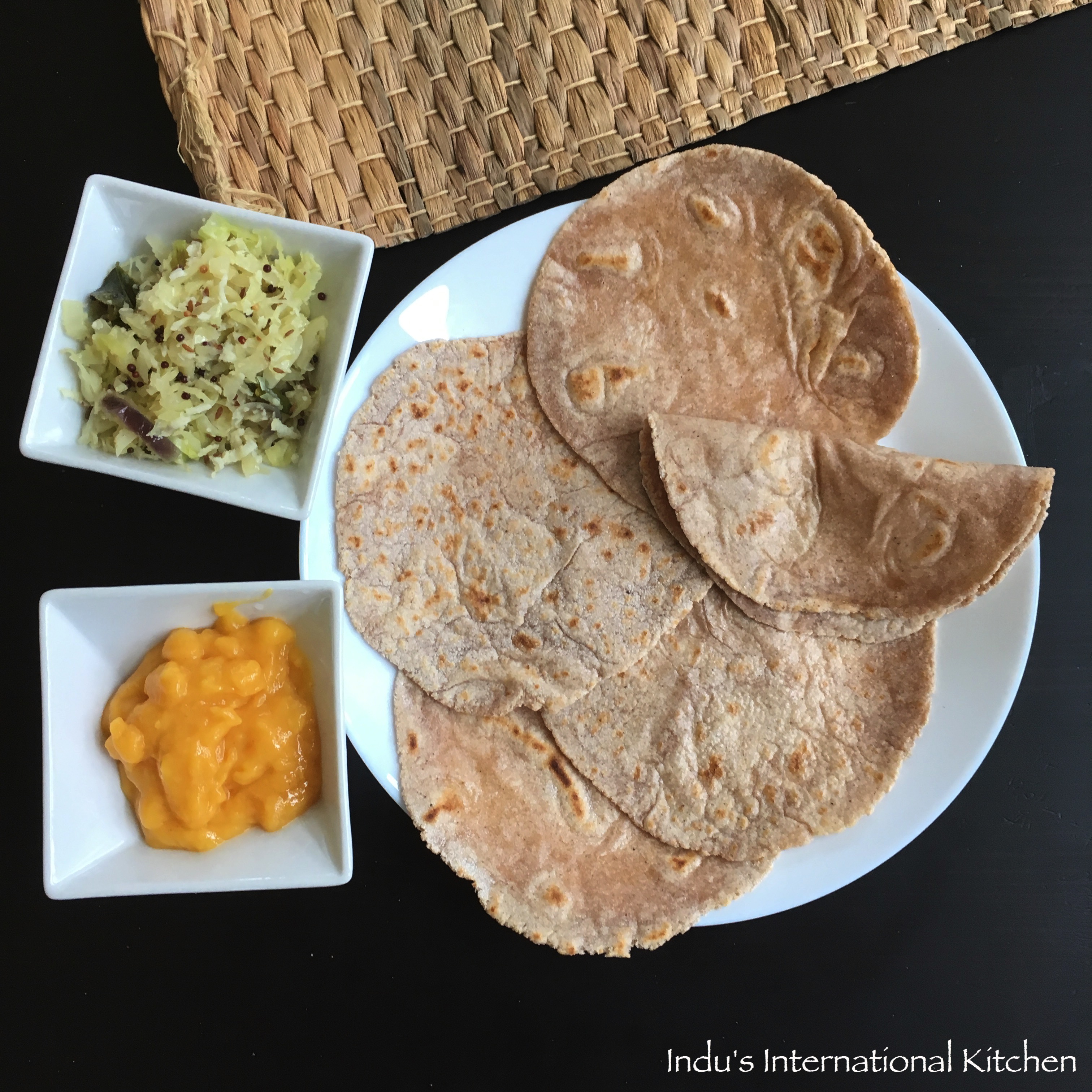
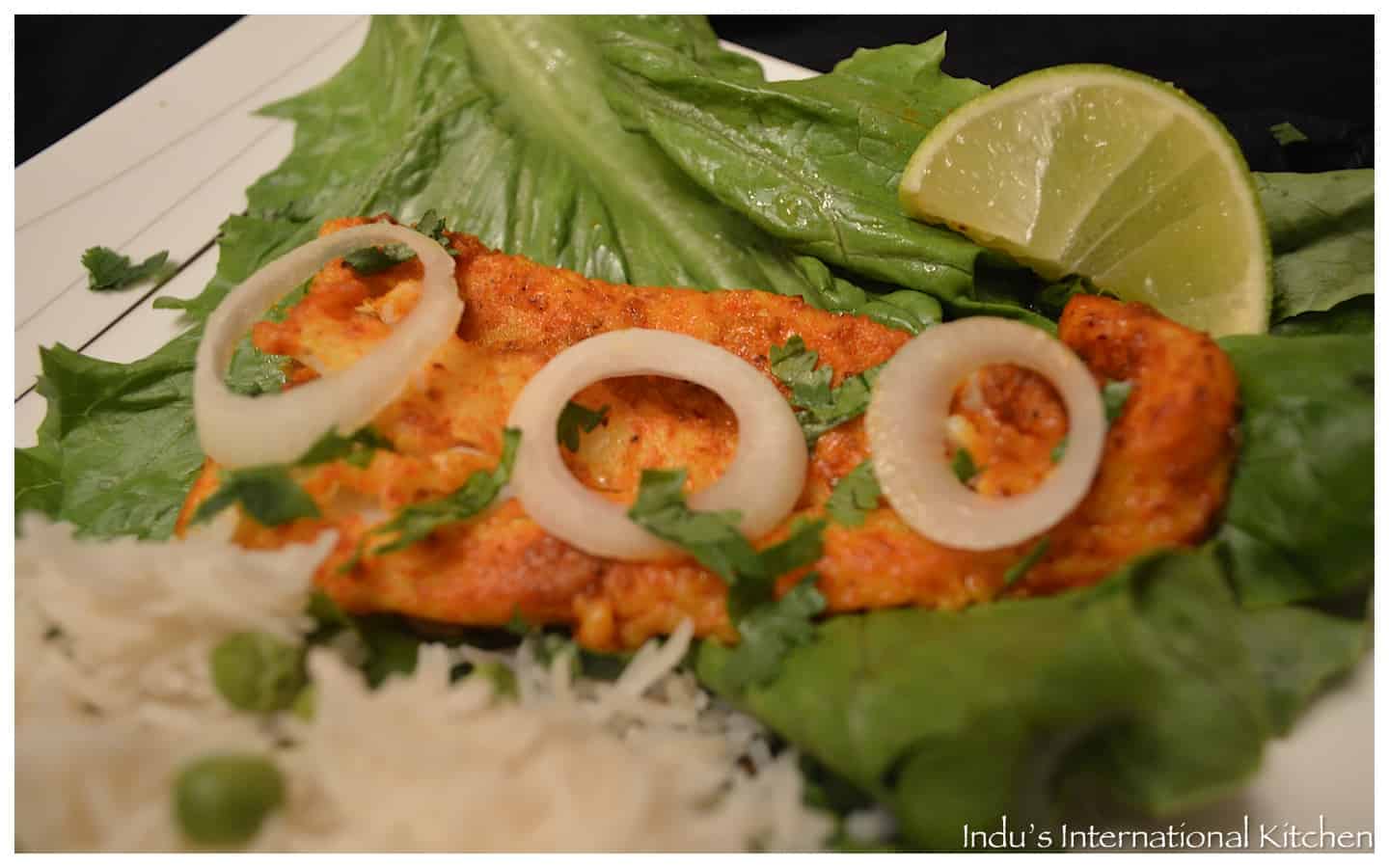
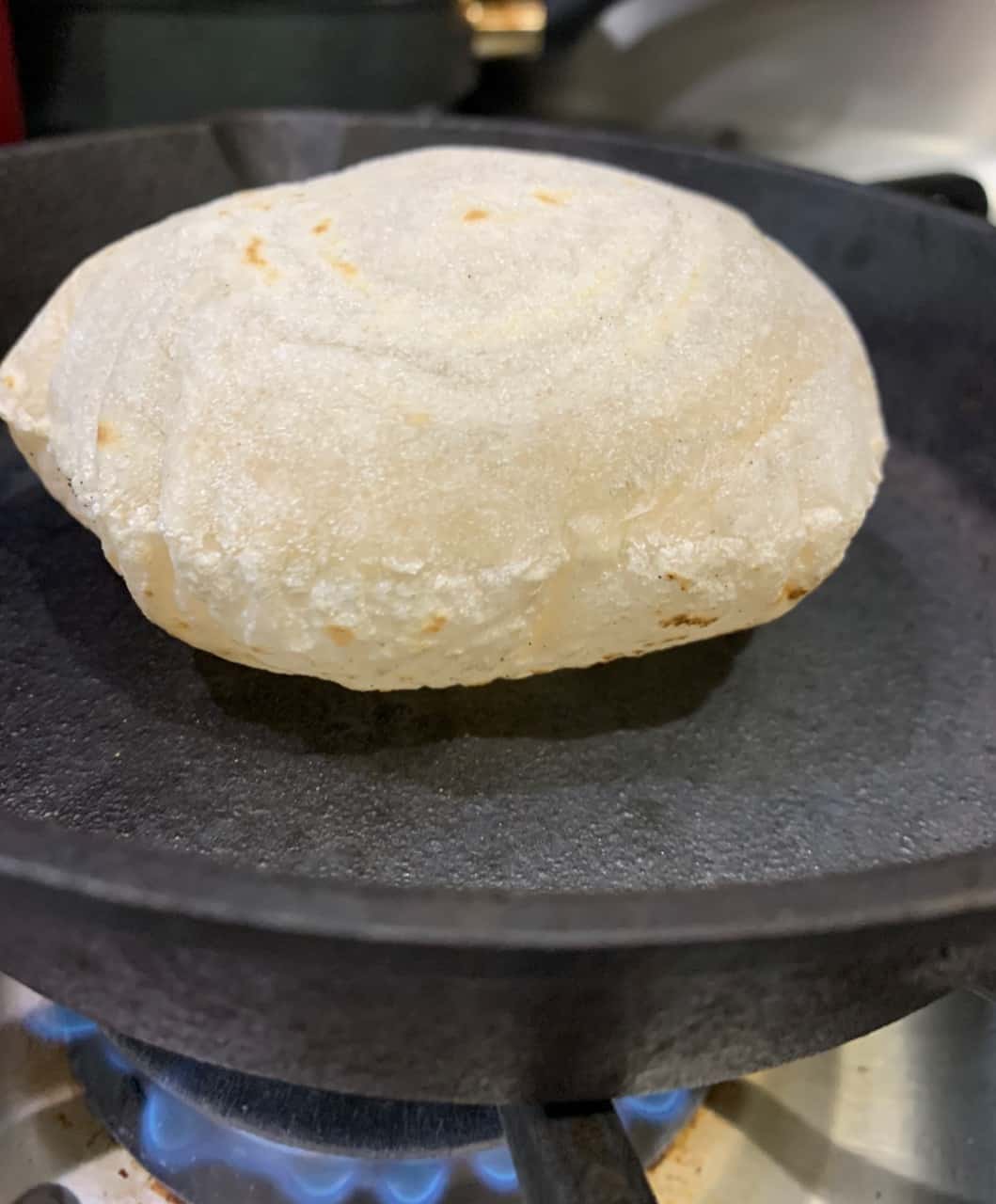
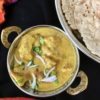
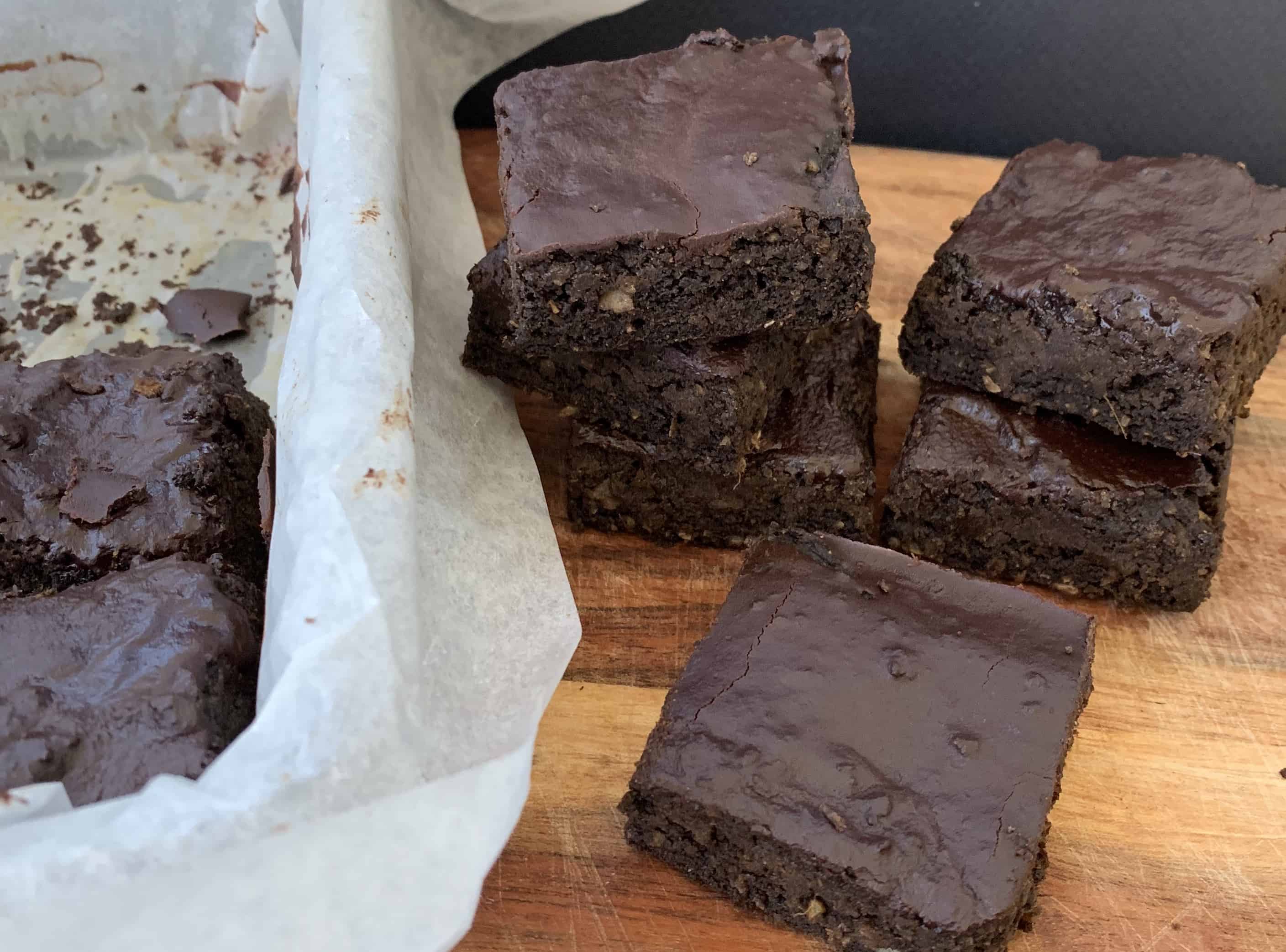
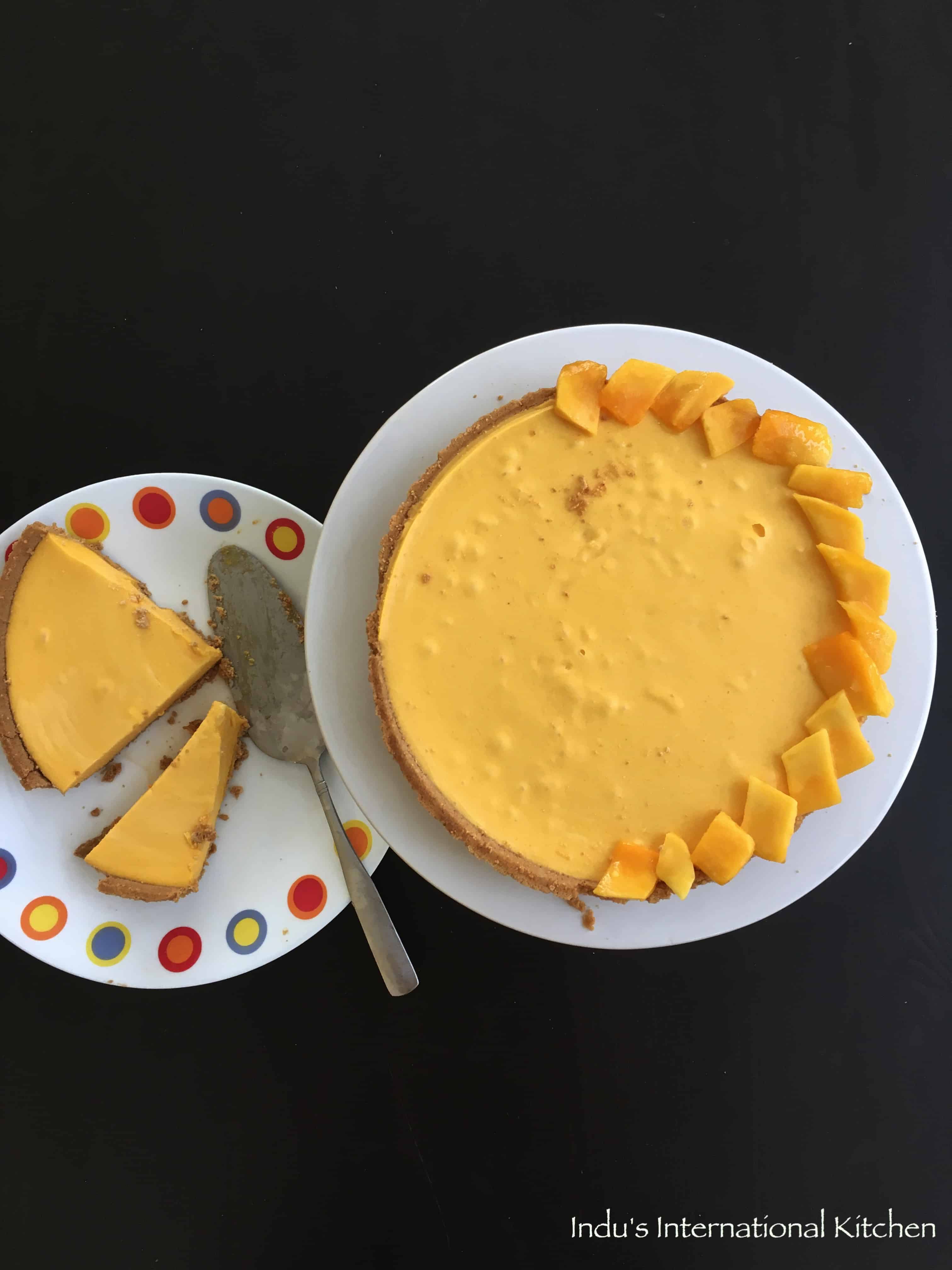
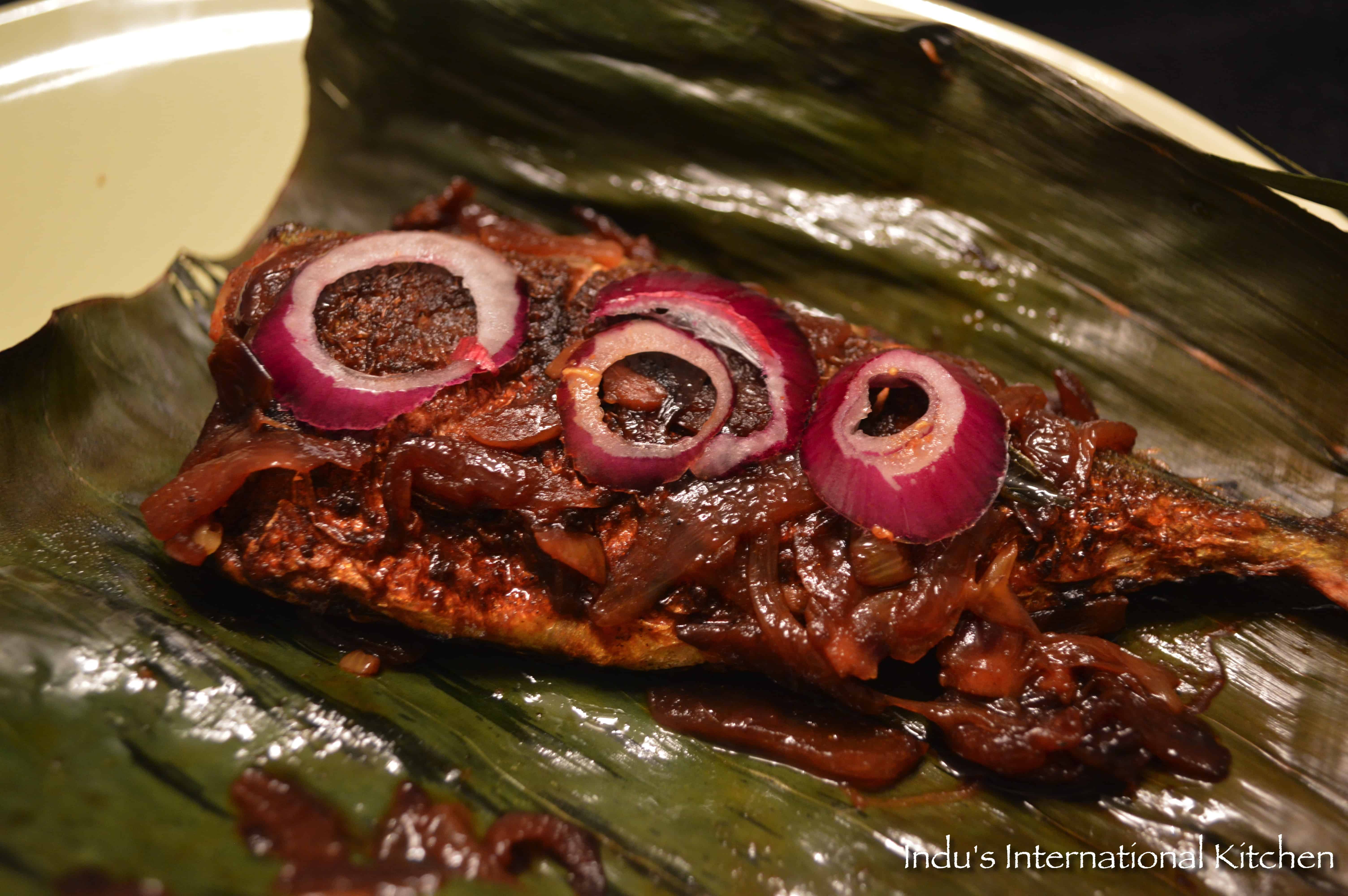
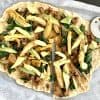

I have been on the diet for a number of years. I did lose about 50 pounds when I first went the dietIng have since add some of it back
that’s great to know, Betty. thanks for sharing.
Indu, what a great review and informative post about gluten. I think you’re bottom line is right on the money.
thanks so much Ngan. I am so glad you like it and that you agree with my conclusions. I appreciate it greatly!
Informative post*
thanks so much! I am so glad you find it useful.
Imfoative post indu
Very informative post, my grandmother was diagnosed with Celiac Disease so I was paranoid for a while…I honestly think a lot of people do a lot of “self-diagnosing” and go to extremes with food fads…the best thing is to eat all natural, and the more changes made to foods/plants and the more altered and processed natural foods are then the more problems. My conclusion is similar to yours, eat healthy, eat all natural and see what works for your body. I don’t see any point in going gluten free and eating the highly processed gluten-free replacement foods (like gluten free bagels….just as bad as a regular bagel). Thanks for sharing!
thanks so much for your valuable comments. I appreciate it. I agree absolutely with you that its best to eat as natural as you can and stay away from processed foods. 🙂
Great post, Indu. I never thought about the quality of grain we eat these days- you are so right. Its become so difficult to trust what we eat these days since we don’t know the source and what actually went into growing them even if we try to eat healthier grains and fresh fruits & vegetables etc. But yeah- it is good to be aware of such things and do what we can do best in the given circumstances.
Exactly right, Aditi. ! Its so hard to know the quality – we have to do our best considering what options we have I guess. Sourcing from small local farms and organic farms seems like a better option and growing your own whenever and wherever possible I guess! Wish the world was not this complicated! 🙁 thanks so much for your comments!
A very interesting post, Indu, thank you 🙂 I tend to choose gluten free because I feel happier with that choice, but not because I have any issue with gluten. I happily eschew eating bread because I always ate too much and I find it easier to just not eat it at all!! I choose grains that are gluten free because I like them. I had not stopped to consider what I might be losing however so this is very interesting. I’ve read about the quality of our wheat nowadays not being the same as in the past so maybe we need to find better versions of food including gluten to benefit from the nutrients? xx
Hi Elaine, you bring an interesting perspective. yeah I guess some folks find it easier to avoid gluten completely so as to reduce intake of carbs and that definitely seems like an OK thing to do as long as you supplement your diet with other whole grains. Yes and quality of food is a real issue …eating local and organic may help I guess. But agree we need to improve the quality of our foods which is getting compromised nowadays in the need for more quantity of the food. thanks so much for your comments! 🙂 I appreciate it so much
My pleasure I think it’s an interesting discussion. It’s a mental decision for me, not physical, and not about carbs so much, as just making the break from bread!!!
ha ha yes its hard to control the carb portions! 🙂
Any portions!!
yes! same for me but trying! 🙂
Interesting post and topic! I do agree that an increase of celiac or gluten sensitive persons is due to a much more refined way to eat, it’ s the same for the skin, more chemicals products we spread on it the more sensitive and allergic we may become.
I always try to buy whole wheat and whole grain when i can, including flours (even wheat ones) that comes from local mills.
Well done with the post! 😉
thanks so much Terry! That is indeed great to hear that you get your flours from local mills. I should try that too – where do you live?
I live in Italy, Venice. If i can’t find local ones anyway I try to buy organic flours, of which you can know and trace the origin:)
oh lovely! You are so lucky to live in a place like that! yes I agree organic or local is better.
Indu, these sound like wise words to me. You’ve written this post so well – it’s informative… unbiased… and thoughtful. Luckily I’ve never had any reasons to go gluten-free – I’d be devastated to miss out on all those amazing types of bread, pasta, cakes, pastries… the list goes on and on… all in moderation of course!
thanks so much Margot. I was indeed trying to write unbiased and I am so glad you see it that way. I agree – there is no reason to miss out on gluten when there is no reason for you to. And moderation is the key absolutely! thanks so much for ur comments.
Very interesting, Indu! What I have noticed about many gf products is that they have tons of corn starch and rice flour which I have read are really hard on your blood sugar levels. Essentially you are trading one harmful substance for another. I think it best to really read the labels.
I absolutely agree, julianna. It is always better to read the labels and then also make healthy choices by focusing on a balanced diet. Increasing other carbs could also be harmful. thanks so much for your comment!
I think these are really important points and unfortunately many people are unaware.
Great overview.
thanks so much!
Great post Indu!!! Very informative….
thanks Malar. I am so glad you found it useful.